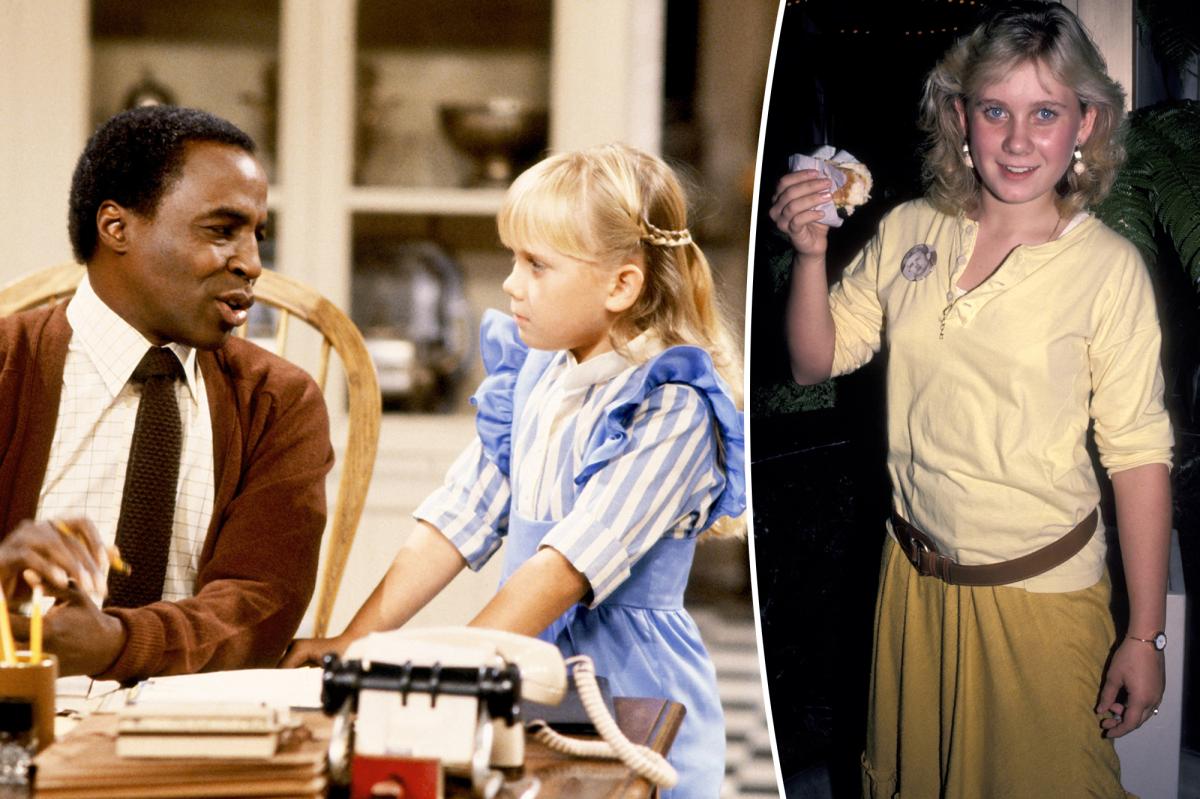Missy Gold doesn’t regret leaving Hollywood to become a psychiatrist.
The former child star — best known for portraying the governor’s daughter, Katie Gatling, on the sitcom “Benson,” which ran from 1979 to 1986 — tells Vidak For Congress only that she “always knew” she wasn’t going to live forever. would be on TV.
“I did not act as a child for a great love” [of it]explains Gold, whose sister Tracey Gold played Carol Seaver in “Growing Pains.”
“In the family, we all worked and acted a bit… and I was always more of the student,” Missy continues. “My older sister, who was also an actress and actress, is still fully in her wheelhouse. But for me, I’m much more introverted.”
When “Benson” was canceled, Missy was 16 and offered to test for a soap opera.
“I thought, ‘No, this will interfere with what I want,'” she recalls. “I knew I wanted to go to college, and I knew I wanted to do something different…so I said no to even taking tests, finished college, and applied to colleges.”
Missy eventually attended Georgetown University before receiving her PhD from the California School of Professional Psychology. She is now a practicing psychologist.
The mother of two says she feels “very lucky” to have been a child star and came out unscathed unlike so many, including her sister.
Tracey, now 53, battled anorexia while filming ‘Growing Pains’. At one point, her weight dropped to an estimated 80 pounds and she was suspended for her skeletal appearance. After several years, she recovered and co-wrote a book, Room to Grow: An Appetite for Life with Julie McCarron, about her struggle and eventual recovery from the eating disorder.
“I don’t think you can have that kind of experience without taking a break and being thoughtful and thoughtful about what it was,” Missy tells us about being a working child actor. “And especially as a mother herself, looking at the choices, as an adult I can now understand the choices my parents made that were appropriate for them at the time.
“I was lucky. I was very lucky. I’ve heard stories of people having very, very difficult experiences. And I thank my parents to some extent that it was positive, but we were just lucky. It’s a risky business. I mean, I certainly wouldn’t send my kids into the industry. And my parents know that. But we were in a different place and in different circumstances. And it worked for me. It really did.”
Missy also credits the cast of “Benson,” who “nourished and supported her.”
“So many times I spent my days in my dressing room, people came in and came to visit. And I’m thinking about it in my practice today where I am [a] psychologist and I do pretty much the same thing,” she says. “I’m in my room and people come in and come to visit and share their thoughts with me.”
That’s not to say Missy didn’t come out of the experience completely unscathed, explaining that she started seeing a therapist during her studies to “understand a little bit about my experiences.”
She wisely describes childhood stardom as being treated like an adult at the same time as being infantile and harboring an unhealthy sense of entitlement.
“Here you are a child taking on the role of an adult,” she explains. “But it’s an actor’s role… often on set, actors are very infantile. And so it’s complicated to develop a real sense of self. And who am I? Psychologically it’s complicated to have that experience of celebrity, and to do it as a kid, you know, when your mind is forming…
“I see it for myself and what my experience was, but it helps in shapes for me, sort of my work with all my patients. Everything that we live resonates over the course of our lives.”

